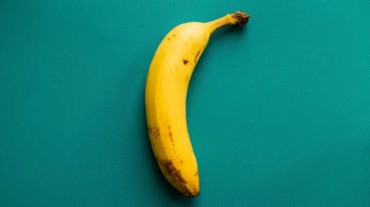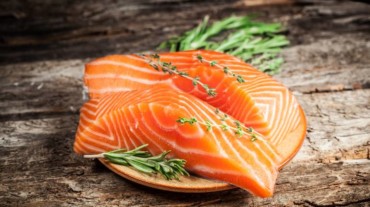
Healthy eating is the first step towards living a healthy lifestyle. The food that goes into your body influences the functioning of your organs. The sensory system, including the eyes, nose, tongue, skin, and ears, also need a good diet to function properly. More often than not, we prioritize our eyes and skin and try to protect the ears from loud noises. But adding the following items to our daily diet is also critical for optimal ear health.
The magnesium content of bananas opens up the blood vessels in the inner ear, allowing for easier blood circulation and oxygen delivery. It also aids in the management of glutamate, which is a major cause of hearing loss in many elderly people. Oranges and other citrus fruits fight free radicals, which cause various age-related health concerns, including hearing loss and ear infections. Vitamins C and E, found in oranges, are excellent supplements for preventing hearing loss.

Everyone is aware that a person’s body deteriorates with age and hearing is no exception. This is where salmon comes into play! Salmon is beneficial to the ears, particularly for hearing. Omega-3 fatty acids found in salmon, sardines, and similar fishes, have been shown to lessen the incidence of age-related hearing loss.
While it can help reduce the progression of age-related hearing loss, it does not imply that one must wait until a set age to take action. Not everyone likes fish. So, if a person dislikes fish, is he or she doomed to suffer from age-related hearing loss? Fortunately, this is not the case because they can replace it with Omega-3 pills.

Dark chocolate is pure bliss for the senses. It is packed with zinc, which is necessary for immune system maintenance. Eating dark chocolate will protect the ears from common ear infections, while promoting cell development. It even contains magnesium, which is a wonderful method to improve one’s hearing capabilities, while also gratifying the taste senses. Magnesium helps to dilate blood vessels and improves circulation in the ear, and there’s even evidence that it may protect against noise-induced hearing loss.
Broccoli, cabbage, and spinach are high in folic acid, vitamins K and C, potassium, and magnesium. This trio of nutrients is extremely beneficial in minimizing damage to the ear’s delicate and sensitive tissues.
Broccoli’s vitamin content will aid the regulation of free radicals, which may harm the delicate tissue in the inner ears. Folic acid and other minerals improve blood circulation to the ears and cell development. A good number of greens in a person’s diet, whether consumed raw, steamed, or grilled, will ensure effective hearing capacity.
Also Read: Some handy tips to prevent ear infection during winter

Milk is an excellent source of vitamins and minerals. It contains vitamins A, B (B1 through B6), D, E, and K, which aids in metabolism and oxygen transfer in the body. Milk products contain antioxidants, minerals like magnesium and potassium, and selenium, and zinc that help to maintain and regulate fluids in the body and cells. They are also necessary to preserve the sensitive fluid in the inner ear.
Ear infections can be controlled with proper diet and medicine, but further treatment is necessary depending upon the severity of the condition. Myringotomy is a procedure that involves making a tiny incision in the eardrum to enable fluid to drain and reduce earache. The incision closes in a few days with no scarring or damage to the eardrum.
Select Topics of your interest and let us customize your feed.
PERSONALISE NOWIt is important to eat properly to hear correctly! So personalize one’s diet depending on the health preferences, and incorporate these supplements in the diet after speaking with an ENT dietician. Simple dietary and lifestyle improvements keep one healthy and fit.